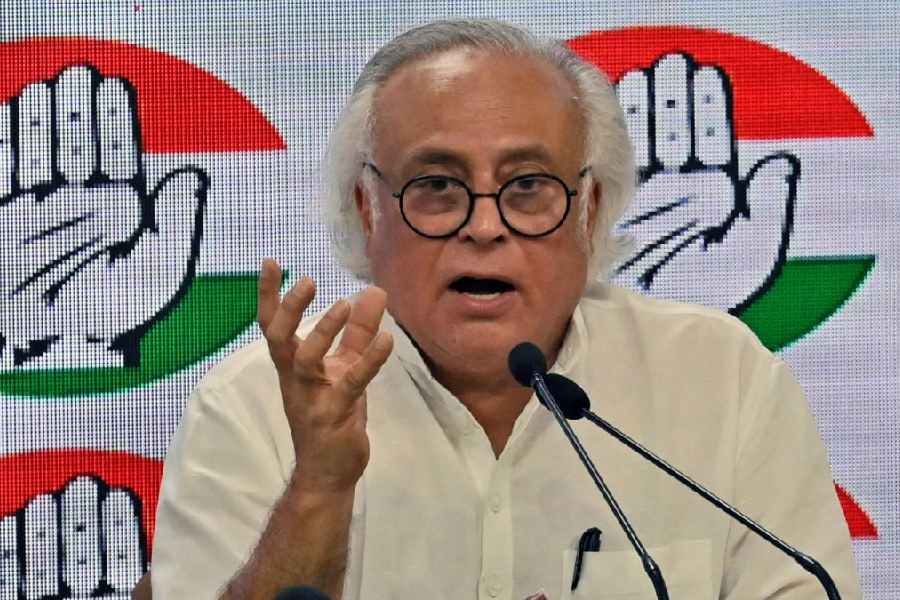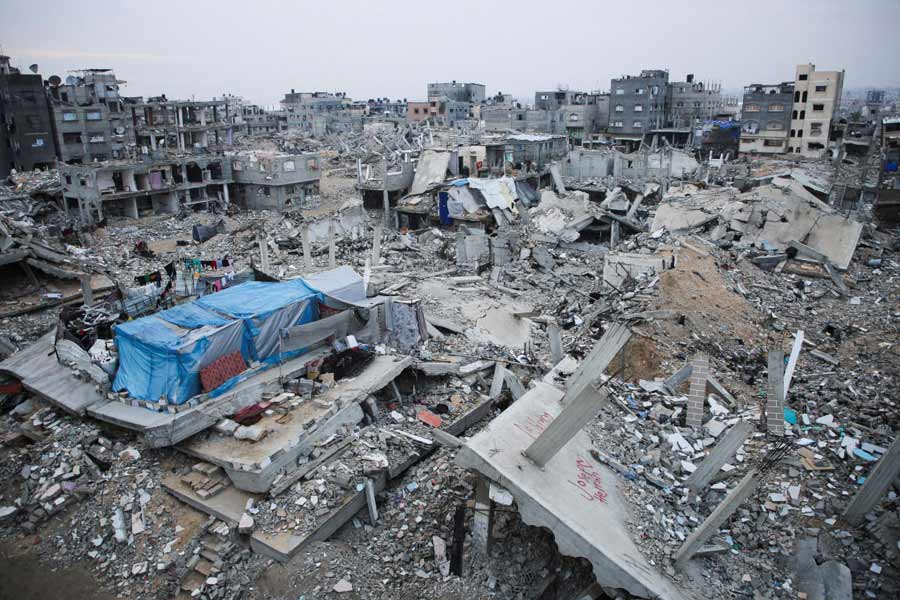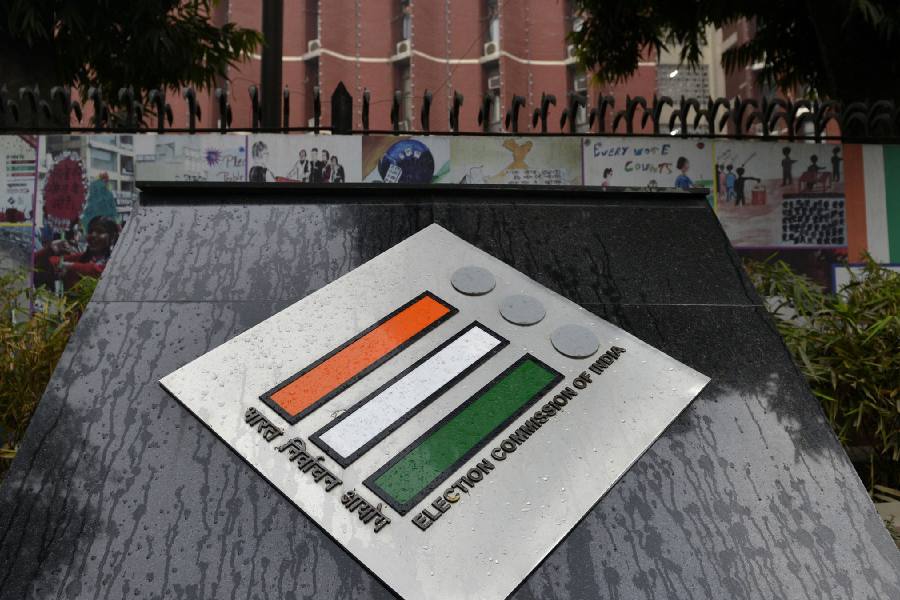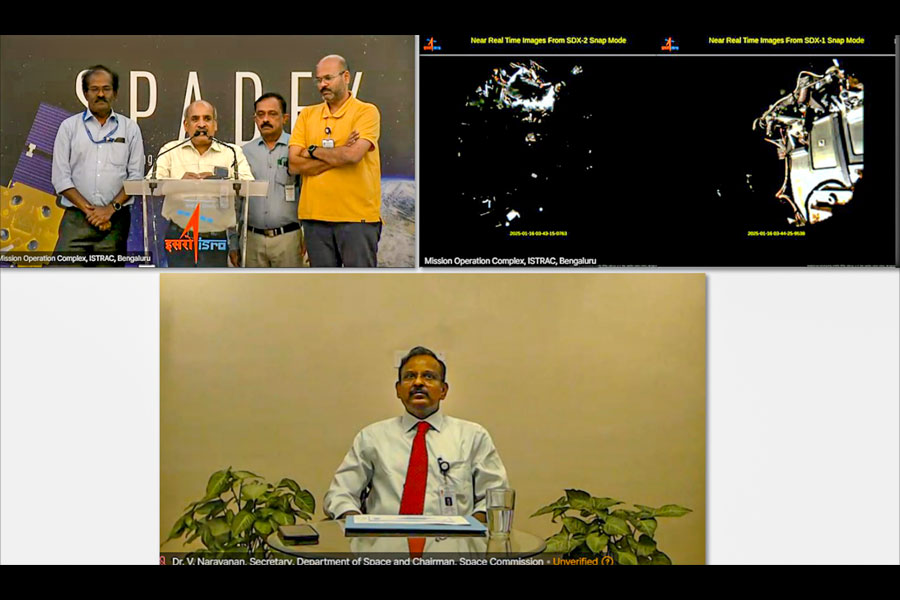Nearly one-third of seats in the sought-after Masters in economics course at the Jawaharlal Nehru University (JNU) are still vacant this year after five rounds of admission and nearly three weeks since the beginning of classes.
A total of 62 students had taken admission till Thursday against the 96 available seats for the August-December academic session. The university is likely to conduct a few more rounds of admission, which means students joining classes in September and October would have a lot to catch up on.
Surajit Mazumdar, a professor of economics, said the ongoing admission has disrupted the academic calendar. “The classes were supposed to start from August 1. Due to the delay in admission, the classes started 10 days late with 33 students. Later some more students joined,” he said.
The JNU admits students based on the Common University Entrance Test Post Graduate (CUET-PG) conducted by the National Testing Agency (NTA). Till the time the university held its own entrance exam, admissions used to take place before July.
Mazumdar said the university was not disclosing the admission data, including the number of students offered admission. “There is no mechanism to know how many students were offered admission. When the university was holding its entrance, the admission process was more transparent,” Mazumdar said.
The JNU Teachers Association (JNUTA) on Friday released a “State of the University Report” on the university highlighting the academic disruptions after discontinuing its entrance exam in 2019, among other things.
The report said delays in admission in undergraduate and postgraduate programmes did not permit strict adherence to the calendar.
“The JNU’s academic calendar continues to be effectively determined by the NTA rather than within the university. This is because of the insistence on using the CUET for admissions to undergraduate and postgraduate programmes in the JNU, and vesting of the responsibility for conducting the PhD entrance examinations also with the NTA,” it said.
The NTA holds computer-based examinations using the multiple-choice questions (MCQ) format. The centres in the JNU have also alleged that they were not getting the right kind of candidates through MCQ-based tests.
Within months of her joining, vice-chancellor Prof Santishree D. Pandit had expressed concerns regarding the unsuitability of the MCQ-mode tests for admissions to JNU Masters and PhD programmes.
An email was sent to Pandit to understand the reasons behind the seats remaining vacant and the admission being conducted based on the national entrance exam. Her response is awaited.










